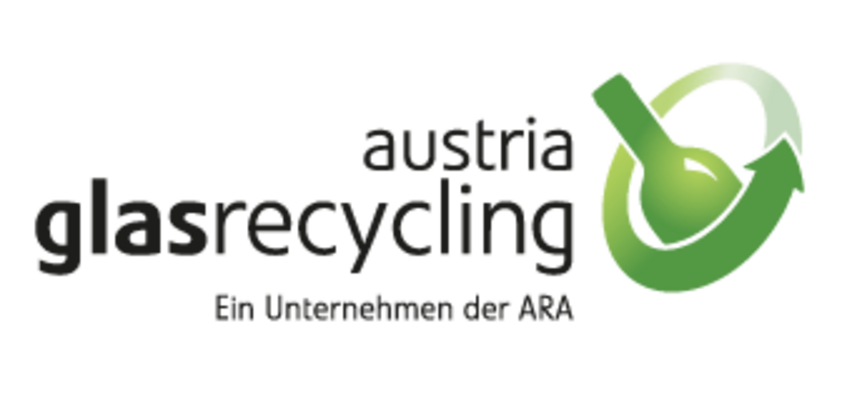For Cooperation Partners

Potential Areas for Cooperation
Environmental psychology focuses on the study of human-environment relationships, their interrelatedness and interactions. The research topics are correspondingly broad: They range from research into the significance of nature as a resource for mental health, to the perception and communication of environmental hazards, to intervening to change processes, behaviours etc. Questions include: How can organizations gauge and/or foster environmental awareness, attitudes, and behavior among their target audience? How can the latest behavioral insights best be employed to increase support for environmental outcomes? How might research insights from psychology be translated to the general public?
Reasons for Cooperation
The cooperation between science and practice is beneficial for both sides: Within the framework of a cooperation project, organisations can gain insights into the latest research and knowledge that is specifically relevant for the organisation.
The urban and environmental psychology team benefits from cooperation, as it enables practical and application-oriented research projects for students and staff that may lead to some real impact outside of academia.
Cooperation Models
- Student research projects within the framework of a final thesis (Bachelor's or Master's thesis)
- Technical input / knowledge transfer
- Joint research projects
Cooperation Partners
Dr. Harald Hauke, Geschäftsführer Austria Glas Recycling GmbH:
Most people in Austria dispose of used glass in an exemplary manner. We want to encourage everyone to collect used glass in the interests of a sustainable circular economy. Labels on used glass collection containers are a key communication element in this respect. The recommendations of the urban and environmental psychology group at the University of Vienna for the design of such labels are very helpful and are already being incorporated into our communication work.
Umweltpsychologische Empfehlungen für die Gestaltung von Etiketten für die Glassammelbehälter – mit Fokus auf Motivation und Information der Bürger*innen zu sorgfältigem und richtigem Glasentsorgen
Bericht - im Auftrag der Austria Glas Recycling
Verfasst von der Stadt- und Umweltpsychologiegruppe an der Universität Wien (Anja Heske, Bsc, Leonie Fian, BSc MSc, & Univ.-Prof. Sabine Pahl)

